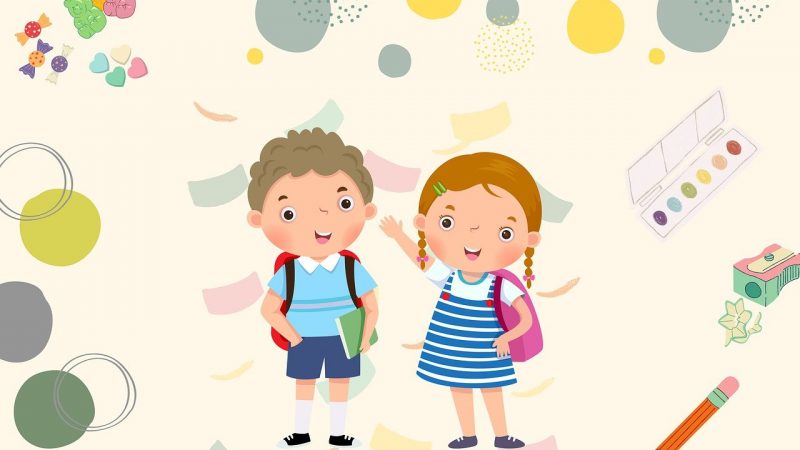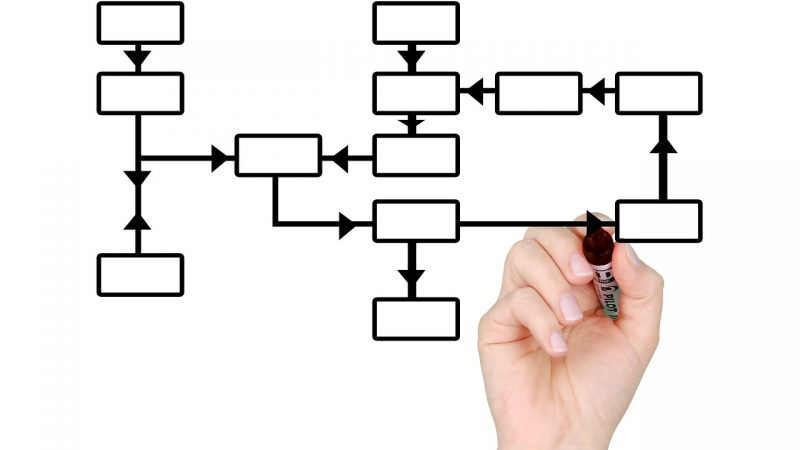The phenomenon of students losing academic skills and knowledge over the summer months when school is not in session, often referred to as “summer slide” or “summer learning loss,” is a well-documented challenge in education. While children undoubtedly need a break after the school year, research clearly shows that a lengthy summer vacation can have detrimental effects on learning retention and academic achievement, especially for disadvantaged students. This literature review synthesizes key research studies on summer learning loss over the past decades to assess what is known about the reality and impact of this “faucet theory” of schooling.
Defining and Measuring Summer Learning Loss
Summer learning loss refers to the decline in academic skills and knowledge students experience over summer break. It is measured by comparing student achievement scores at the end of one school year to scores at the beginning of the next school year. Key subject areas studied include math, reading, and spelling. A seminal 1978 study by Barbara Heyns mapped seasonal learning patterns and definitively showed that learning slows down or reverses during summer while accelerating during the school year, hence the “faucet theory” analogy. Standardized test scores, grades, and teacher observations are common measures used to quantify summer slide. While some studies estimate students lose just a month of learning over summer, the cumulative effect from year to year can amount to a massive loss in human potential.
Socioeconomic Status and Summer Learning Gap
A consistent finding across decades of research is that summer learning loss disproportionately affects low-income students. While all students lose some ground academically over summer, the decline is steeper for disadvantaged children who lack educational resources at home. In contrast, middle-class students often experience slight academic gains over the break. This differential summer learning pattern compounds over time and contributes to the sizable achievement gap along socioeconomic lines. A 2010 analysis by Cooper and colleagues confirmed income-based summer learning differences equivalent to one-third of the SES testing gap in reading and math. Simply put, summer vacations maintain class divides.
Impact on Math and Reading Skills
Studies find summer slide occurs in basic math and reading skills critical for academic success. A 1996 meta-analysis by Cooper et al. analyzed 13 key studies and found students lost on average 2.6 months of grade-level math skills over summer. Reading skills declined by over 2 months on average. Spelling skills also deteriorated substantially over break. More recent studies using modern standardized assessments report similar loss magnitudes: one-third to one-half years’ worth of learning in math and up to three years’ loss by 6th grade. Learning foundations like numeracy and literacy are vulnerable to summer erosion.
Long-Term Effects on Achievement
Research tracking students over multiple years provides evidence that summer learning loss accumulates and has lasting negative effects. A 2004 study by Alexander and colleagues found that two-thirds of the 9th grade reading achievement gap between high- and low-SES students could be explained by differential summer learning loss during elementary years. Other longitudinal studies estimate students lose between 25-30% of their yearly learning over summer, amounting to 1-3 years loss by graduation. These learning deficits compound like interest over time. Researchers conclude preserving K-12 learning trajectories requires mitigating summer slide, especially for disadvantaged students who fall far behind.
Impact on High School Graduation and College Attendance
Given the cumulative effect of summer slide, it is perhaps unsurprising studies link it to reduced high school graduation and college attendance rates. A 2014 study found students with higher income-based summer learning disparities in elementary school were significantly less likely to graduate high school or enter college. The researchers concluded differences in summer enrichment opportunities could explain up to two-thirds of the low-SES graduation gap. Similarly, a 2010 study by Alexander and colleagues found summer reading deficits in elementary school dramatically increased high school dropout risk, lowering graduation odds by 10 percentage points or more. Summer slide impacts students long after the season ends.
Effective Interventions to Stem Summer Loss
In response to this research, many school districts and communities have implemented summer learning programs aimed at stemming summer slide. The most effective programs provide hands-on, intensive remediation in math and reading rather than a light review of classroom concepts. There is strong evidence they boost student achievement and mitigate learning loss. A 2010 study found a 5-6 week math and reading recovery summer program improved student achievement by over 50%. Similarly, intensive summer book reading interventions deliver substantial reading gains. Enriching creative and physical activities also curb summer slide. However, programs must be of sufficient duration and intensity to counter the months without practice. Overall, research indicates proper summer interventions can successfully reduce learning disparities.
Parent Resources to Prevent Summer Slide
While summer programs are ideal, parents can also take steps at home to prevent summer slide. Numerous parental resources exist, often provided by schools, districts, and government agencies. Recommendations include keeping kids engaged in learning activities like reading, journaling, math games, and educational websites/apps. Limiting non-productive screen time is also advised. Monitoring local library reading programs helps encourage a reading habit. Informal learning opportunities like cooking, puzzles, and board games maintain mental engagement. Field trips to museums, nature, and historic sites nurture curiosity. Providing enrichment while allowing downtime and freedom from academic pressure is key. With some creativity, parents can exercise children’s minds over summer break.
Conclusion and Implications
In conclusion, extensive studies over the past half-century confirm summer slide is a real phenomenon that disproportionately impacts disadvantaged students. Math, reading, and spelling skills measurably deteriorate over the break from school. These summer learning losses accumulate across grades which can widen achievement gaps and reduce graduation prospects. While further research is still needed, evidence strongly indicates that adequate summer interventions and parental supports can curb summer learning loss. Policy-wise, steps to provide summer programming and accessible home enrichment opportunities, especially for low-income children, are warranted based on the data. Summer vacations may be a beloved tradition, but their structure contributes to inequality. With smart interventions, society can prevent summer slide from derailing learning for all students.








